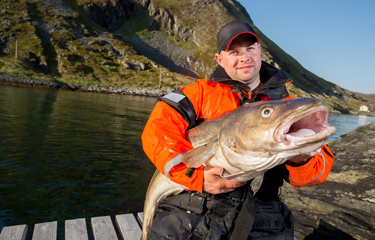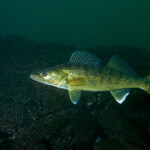Russian cod and halibut get MSC certification

Members of the Russia-based Longline Fishery Association (LFA) have earned Marine Stewardship Council (MSC) certification for their Pacific halibut and Pacific cod fisheries in three zones of the Bering Sea.
Six fisheries got certificates: Interrybflot, YAMSy, Polaris, Sigma Marine Technology, Tymlatsky rybokombinat, and Dalrybprom. The certification covers the Chukchi, West Bering Sea, and East Kamchatka fishery zones of the Bering Sea.
The annual catch of the six firms amounts to one-third of the Russian total allowable catch (TAC) for Pacific cod and nearly one-half of the TAC for halibut, LFA President Vaycheslav Bychkov said in an interview with Fishnews agency. The TAC for Pacific cod in the zones in question for 2020 is 132,700 metric tons (MT), and for halibut – including Pacific halibut and black halibut – the TAC has been set at 4,810 MT.
The certification was necessary in order for the association to compete with rivals from U.S. and Canada, Bychkov said in a press release. Meeting MSC standards was not easy for the organization, he said. The organization initially embarked on the path to certification in 2013, and finally starting the assessment process by MSA in spring of 2018. One of the fishery’s biggest challenges was proper auditing of Pacific halibut, as it’s combined in TAC with black halibut.
“It took great resources to be able to separate Pacific halibut from black halibut, to prove it’s not overfished and demonstrate fisheries’ overcautious approach to fishing,” Bychkov said.
Another difficult task, Bychkov added, was proving that no forced or child labor is used in the fishery, as required by a new MSC policy.
The fishing companies spent “considerable funds” for the certification, but they hope to earn them back through increased sales at a higher prices now that their products carry the MSC label, Bychkov said.
“We didn’t mask our intentions to be more competitive, especially in foreign markets,” he said. “Regarding halibut, our direct competitors are fisheries from U.S.A. and Canada. This market is very tough. When our report was published on the MSC’s website, we obtained a lot of remarks from the competitors. We have answered all the questions.”
The MSC certification looks especially well-timed amid growing concern over halibut stocks in the Pacific.
Photo courtesy of Alexey Savchuk/Shutterstock






Share